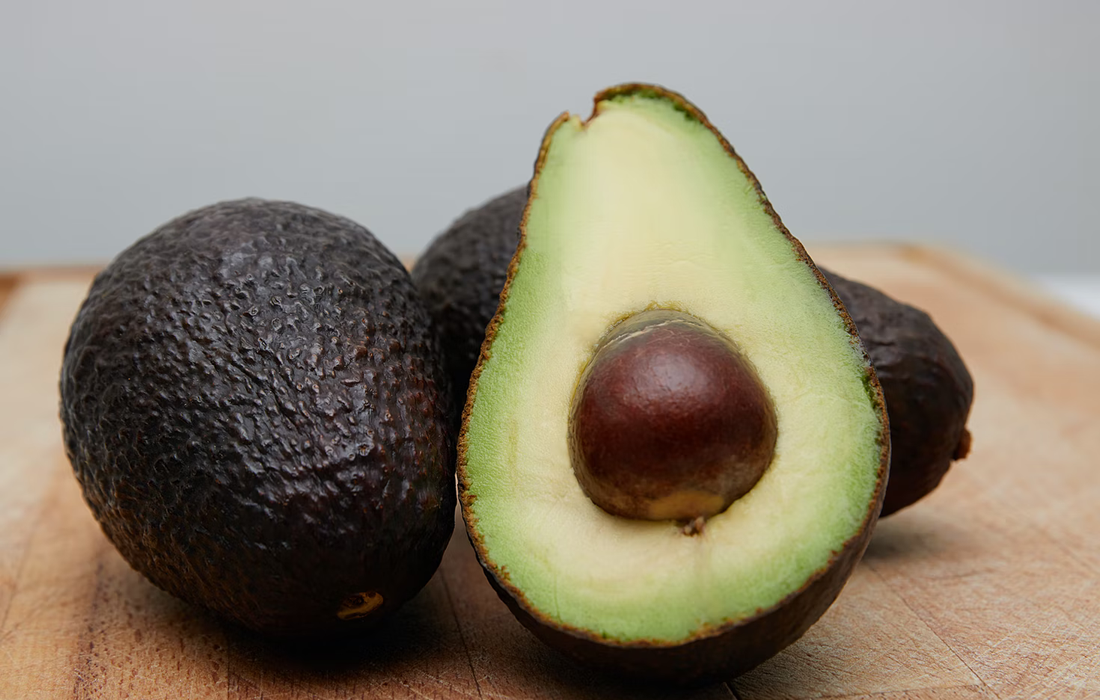Nutrition and Supplements
Avocado to Cut Heart Disease Risk
Cardiovascular disease (CVD) is the leading cause of death in the United States and worldwide. However, CVD can be largely prevented by a healthy lifestyle, which includes a healthy diet.
The American College of Cardiology recommends a heart-healthy diet limited to 5-6% of calories from saturated fatty acid (SFA) and underscores the replacement of SFA and trans-fat with monounsaturated fats and polyunsaturated fats (MUFA) for the prevention of CVD.
Avocados are a nutrient-dense fruit, containing dietary fiber, potassium, magnesium, magnesium, MUFA, and polyunsaturated fatty acids, as well as phytonutrients and bioactive compouds that have been independently associated with CV health.
In a recent study published in the Journal of the American Heart Association, researchers evaluated the relationship between avocado intake and long-term CVD risk.
Study Development and Results
The study included 68,786 women from the NHS (Nurses’ Health Study) and 41,701 men from the HPFS (Health Professionals Follow up Study) who were free of cancer, coronary heart disease, and stroke at baseline.
Their diet was assessed using validated food frequency questionnaires at baseline and then every 4 years. A total of 14,274 incident cases of CVD were documented over 30 years of follow-up.
The researchers found that those who consumed high intakes of avocado (≥2 servings/week) had a 16% lower risk of developing CVD, and a 21% lower risk of coronary heart disease.
Replacing half a serving/day of margarine, butter, egg, yogurt, cheese, or processed meats with the equivalent amount of avocado was associated with a 16% to 22% lower risk of CVD.
Source:
Lorena S. Pacheco, et al. Avocado Consumption and Risk of Cardiovascular Disease in US Adults. 2022. J. Am. Heart Assoc. https://doi.org/10.1161/JAHA.121.024014
Image from:
Photo by Gil Ndjouwou on Unsplash

